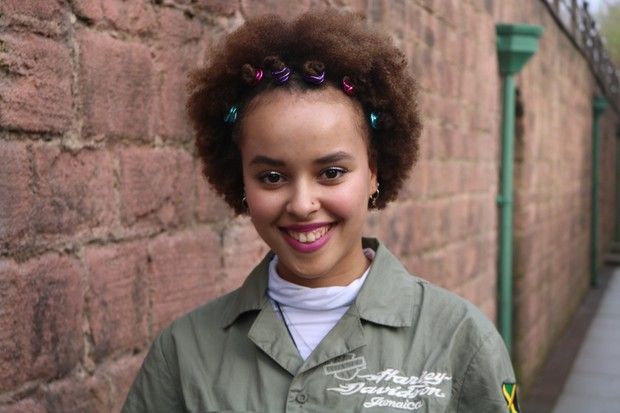Running since 1995, actor Talia Grant has been announced as the show's first autistic cast member
Working in collaboration with The National Autistic Society and Access All Areas (a theatre company that provides training and support around the inclusion of autistic actors and actors with learning disabilities) to help with the auditioning process, the Channel 4 show chose Talia from over 150 autistic applicants.
Peter Hunt, casting director, said “It became apparent by going through the normal methods of casting that we would have a very small pool of girls to meet for the role, for a number of reasons. We learned that girls of 16-20 who could potentially go into acting never even realised that was an option as the very few representations on television have been male.”
When speaking about the new character, Hollyoaks boss Bryan Kirkwood said “Brooke is a strong, independent character who has a solid handle on what it means to be a teenage girl with autism. She experiences the world a hundred times more intensely than other people. Every light shines brighter, every smell is stronger - and every word she takes to heart that little bit more.”
Talia spoke of her delight in joining the show, and the positive move towards representing autistic female characters on the small screen. “For a long while there has been no representation on screen of autistic women, especially autistic women of colour, so I am really looking forward to developing the character of Brooke and representing something that perhaps people are unaware of.”
Hollyoaks isn’t the first small screen entertainment show to feature autistic actors. In 2017, CBeebies introduced Pablo, the first children’s show with an all-autistic cast.
Earlier in 2018, Channel 4 released a one-off documentary, Are You Autistic which not only utilised female autistic presentors but highlighted new research that suggests the number of undiagnosed autistic women could be much higher than previously thought.
Despite an estimated 700,000 Brits falling on the spectrum, many feel that Autism Spectrum Conditions (ASC, also known as ASD) are still widely misunderstood by the public. The increased inclusion of not only autistic people in entertainment and factual programmes, but also the steady rise in shows highlighting women on the spectrum and the challenges they face, show a positive move towards a more inclusive, representative portrayal of underrepresented members of the public.
To discover more about autism, the diagnosis process and the support available, visit The National Autistic Society or Counselling Directory to learn more about raising an Autistic child and the Adult Journey to Diagnosis.


Comments